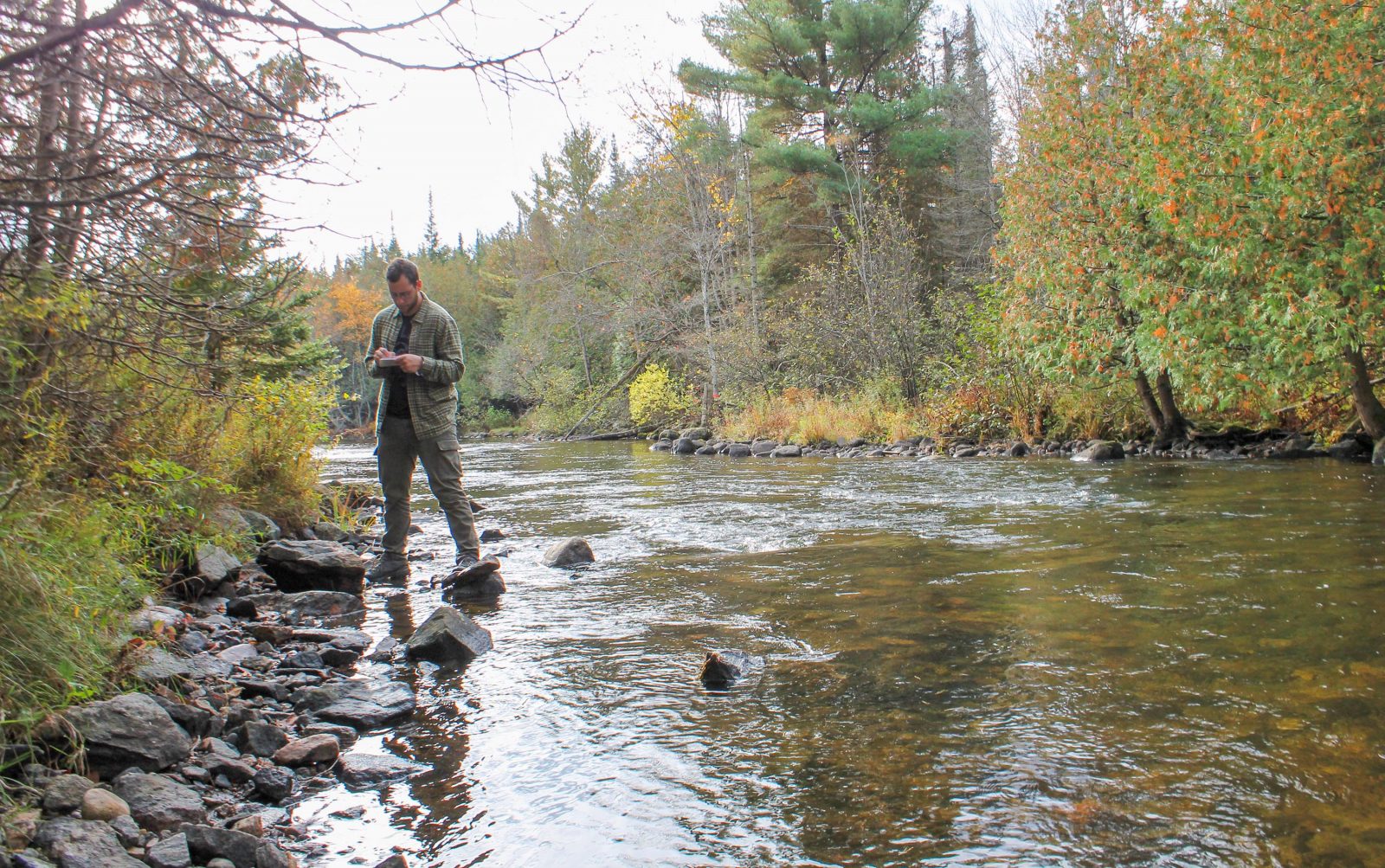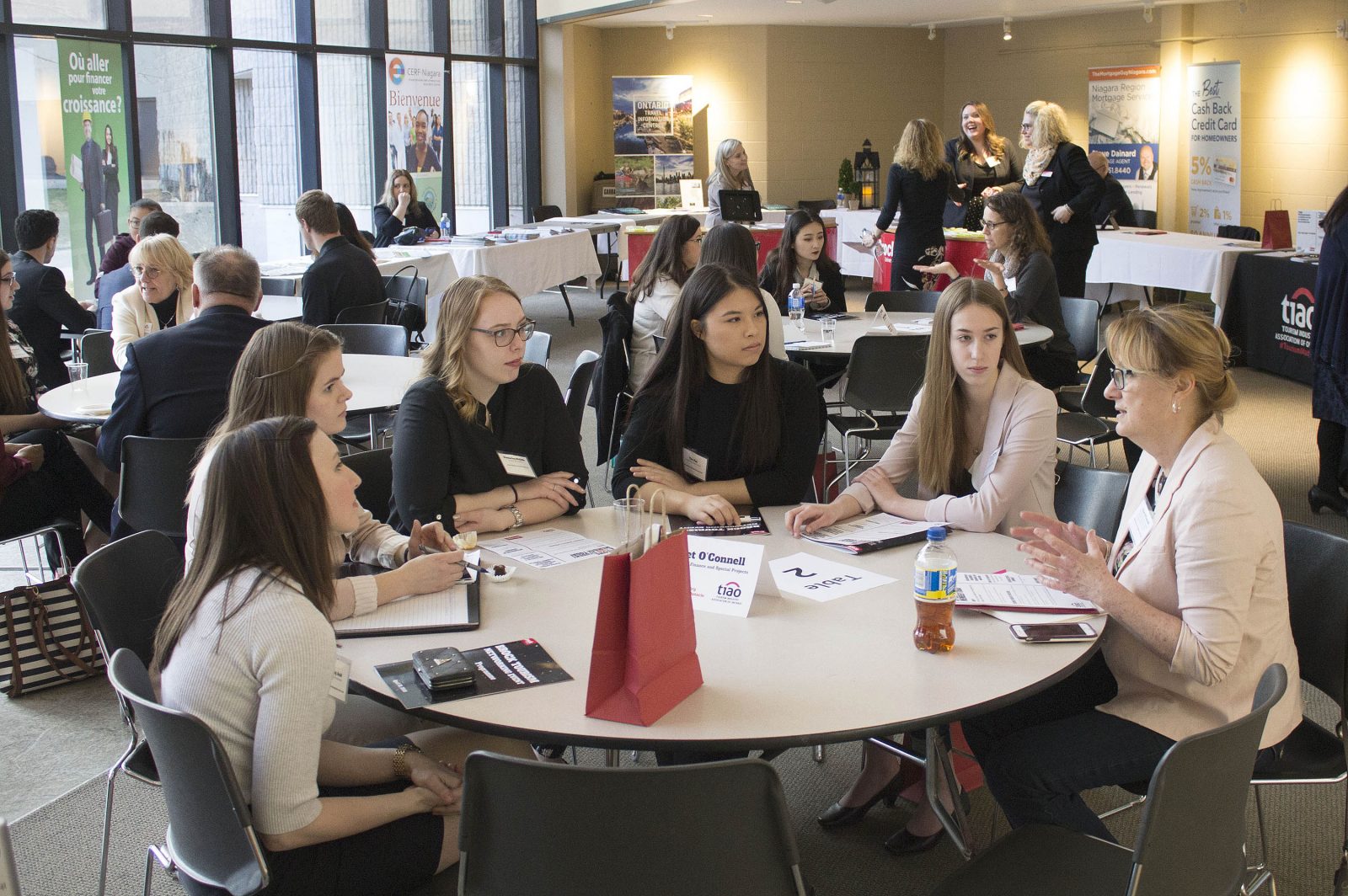Story from the Esri Canada Blog, November 1, 2018
Contributed by Kyle Rankin (Brock GEOG ’18), Associate GIS Analyst, Esri Canada
Like many Canadians, I like to watch Hockey Night in Canada every week, which is where I got the idea of applying GIS to analyze hockey. In the months that followed, not only did I apply spatial analysis to hockey games, but I also submitted this analysis to apply for the Esri Canada Higher Education GIS Scholarship at Brock University. Find out what made this a winning project.
November 14 is GIS Day, celebrated by geographers, cartographers and GIS users everywhere. At Brock University, GIS students celebrate with a project competition sponsored by Esri Canada. The winner receives an Esri Canada Higher Education GIS Scholarship, which includes funding, software, training and networking opportunities to help students continue to develop their GIS skills and interests. I decided to work on a project applying GIS analysis to hockey games and submit it for the competition.
As Canadians, we all know what hockey means to us: passion, athleticism, power and toughness––a hockey player is as Canadian as the maple syrup. For many people, myself included, the game of hockey doesn’t mean advanced regression models and mathematical formulas. However, this changed for me when I realized there was an opportunity to apply the power of GIS and Esri’s spatial analysis tools to analyze hockey.
Every hockey team wants to understand how they can score more goals than their opponent and win more hockey games. If you are a hockey player, you’d more than likely agree this has as much to do with location on the ice during a game as an individual player’s talent. As a young hockey player, I was constantly taught where to skate to, where to shoot from and where to defend from. That’s applying the science of where to hockey!
Locational understanding on the hockey rink is clearly evident. So, I formulated the basic question for applying spatial analysis to player and team performance: what datasets are needed and can be analyzed to help hockey teams increase their goal-scoring and ultimately improve their chances of winning a match?
To expand on this, three questions came to mind:
a) What kind of data would be easiest to collect and yield the best quality result? (Shot locations, player locations, puck location, etc.)
b) How could I define areas on the ice that are associated with higher likelihoods of scoring?
c) How can the fast and fluid game of hockey be analyzed using hard-defined areas?
Armed with these questions, I approached the Brampton Beast professional hockey team’s manager of hockey operations, who showed great interest in my project and agreed to collaborate with me. Together, we set out to study the location where shots were taken on the ice to conduct statistical analysis. The report I created were not only easy to read and understand, but also provided meaningful insight into the team’s games.
Data-Driven, Evidence-Based Reports
Using data collected from the East Coast Hockey League (ECHL) online game centre , I digitized 705 points representing the location of shots for and against Brampton during 10 of their games. I relied on ArcGIS ModelBuilder to create a repeatable workflow for querying and analyzing the data. This allowed for reports to be created with ease, as the model pulled data that matched certain criteria and then performed analyses, such as kernel density, to highlight hot spots in shot-activity on the ice. I created several reports that were based on individual player performance, single games, certain opposing goalies and comparison charts of games won versus games lost.
The team’s staff used these reports to gain a better understanding of the strengths and weaknesses of their strategy and to adjust their game-day strategy accordingly. Such reports can enhance coaching practices with data-driven and evidence-based strategies. Especially knowing how fast-moving and fluid hockey is––for example, while nobody can tell Sidney Crosby the exact coordinates of where he should shoot from, if you give him a map showing that he scores more often from the middle section of the ice than anywhere else, then he’ll be out there in the next shift doing just that. Using these reports to interact with players can help them better understand their statistics and the analysis of their play––looking at a cool map is a lot easier to understand than numbers on a spreadsheet.
The home plate is right at the centre of the ice in the attacking zone, where most goals and high-quality scoring opportunities occur. Shots from the home plate are more likely to result in goals, which implies that if teams focus on shooting from here, they are more likely to win. The Beast’s staff identified this as a significant revelation––they decided to concentrate on making offense from the home plate, while also channelling their defensive strategies on preventing opponent shots within this area inside the blue line.
Continue reading Kyle’s post on the Esri Canada Blog.







